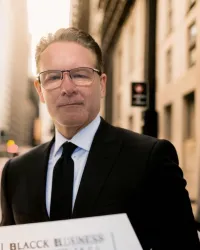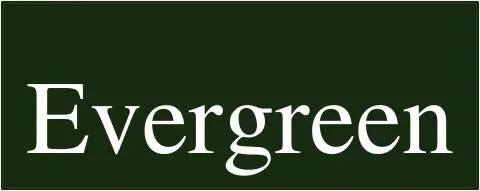WHAT FORE MEMBERS ARE SAYING
" What is currently considered as constituting an alternative or a hedge fund? What do these entities serve as alternatives to, and against what risks do they act as hedges? "
MEMBER LINK
Community | Education | Legacy
FAMILY OFFICE REAL ESTATE INSTITUTE BLOG
The Latest on Family Offices and Real Estate, At the Family Office Real Estate Institute, our commitment to advancing knowledge and expertise in real estate management within family offices extends beyond the classroom.
MEMBER LINK
Community | Education | Legacy

What is a 1031 Exchange?
A 1031 exchange, also known as a like-kind exchange or tax deferred exchange, is where real property that is “held for productive use in a trade or business or investment” is sold and the proceeds from the sale are reinvested into a like-kind property intended for business or investment use, allowing the taxpayer, or seller, to defer the capital gains tax and depreciation recapture on the transaction.
The property sold as part of a 1031 exchange is the Relinquished Property. The property purchased is the Replacement Property. The real property in a 1031 exchange must be like kind; most real estate is like-kind to all other real estate. For example, an office building could be exchanged for a rental duplex, a retail shopping center could be exchanged for farmland, etc.
During a 1031 exchange, neither the taxpayer, nor an agent of the taxpayer, can receive or control the funds from the sale of the property. If a taxpayer has direct or indirect access to the funds, a 1031 exchange is no longer valid. A qualified intermediary is used to hold the proceeds of the Relinquished Property sale until it is time to transfer those proceeds for the close of the Replacement property.
To be eligible for a 1031 exchange the person or entity must be a US tax paying identity. This includes individuals, partnerships, S-corporations, C-corporations, LLCs, and trusts. However, it is a requirement that the same taxpayer sells the relinquished property and purchases the replacement property for a valid exchange.
1031 exchanges were first authorized in 1921 because Congress saw the importance of people reinvesting in business assets and they wanted to encourage more of it. There have been changes and additions to the regulations that govern 1031 exchanges, and the most recent changes impacting real estate in a 1031 exchange were in 2001.
The Family Office Real Estate Institute (“FORE”) or )the “FORE Institute”) is not affiliated in any way with the University of Denver. Nor are any FORE Institute programs or classes affiliated with the University of Denver. The FORE Institute only uses it facilities for its classes, programs, and events. The University of Denver are the various schools within the University do not sponsor or endorse the FORE Institute, any of its information, products, classes, events, or comments. The FORE Institute declares no affiliation, sponsorship, or partnership with the University of Denver. The FORE Institute stands independently as a for-profit business.
© 2025 Family Office Real Estate Institute







